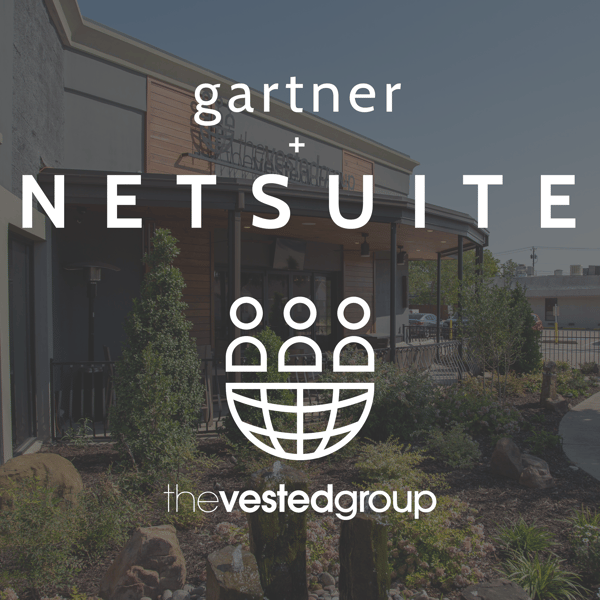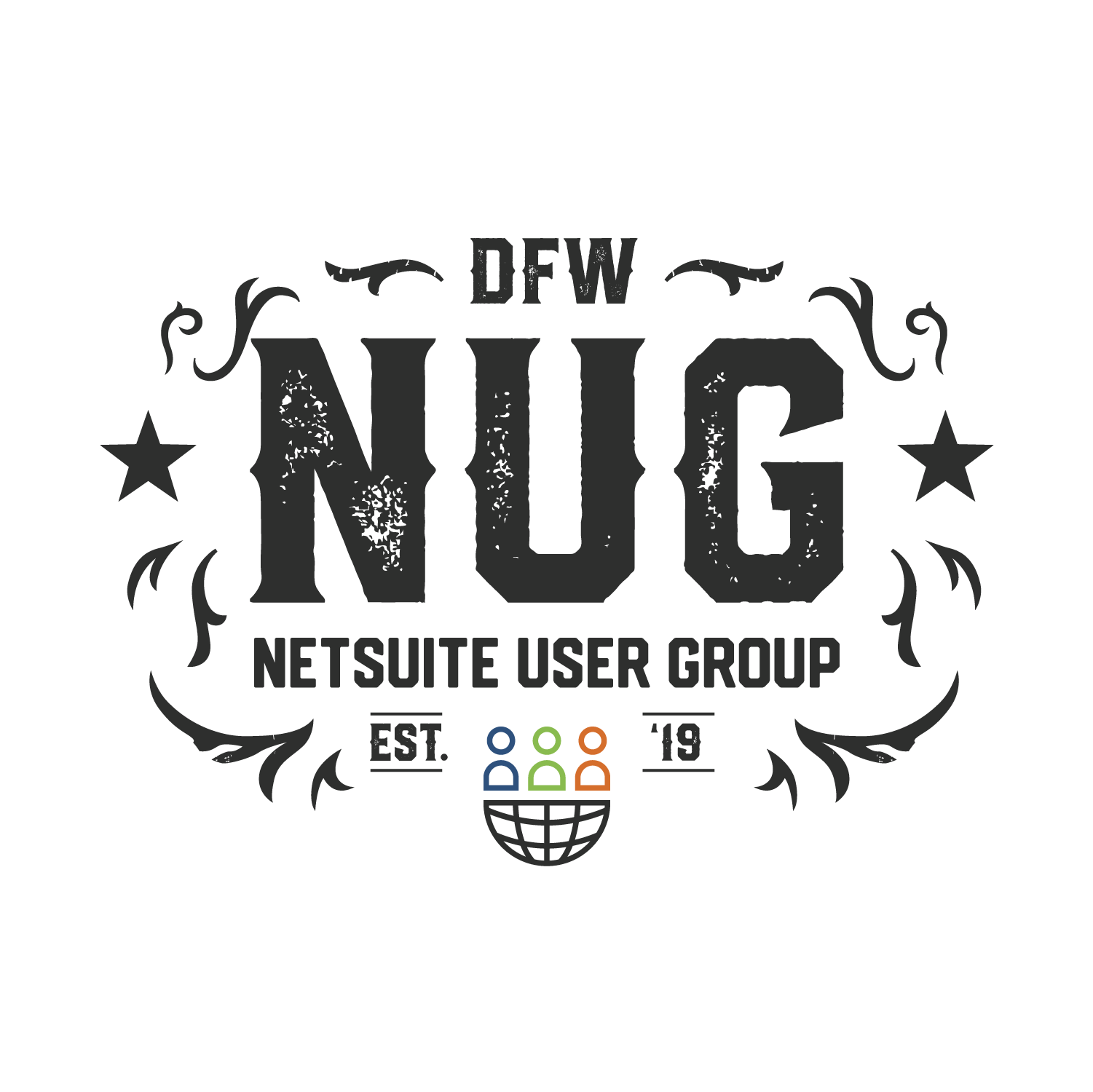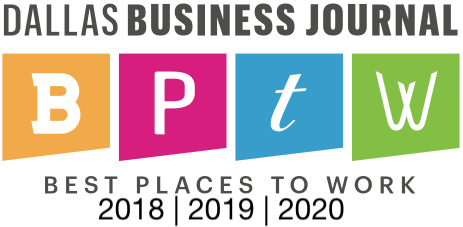Oracle NetSuite has once again been recognized by Gartner, this time through the words of its customers.
NetSuite has been recognized as a 2020 Gartner Peer Insights Customer Choice for Service-Centric ERP Solutions. The recognition is based on feedback from current NetSuite customers that answered a 35-question survey, including written reviews on the Gartner Peer Insights site. Reviews include respondent perceptions of the NetSuite evaluation process, integration and deployment, service and support and product capabilities. Reviews from companies with less than $50 million in revenue were not included.
NetSuite was one of four ERP vendors that met the threshold for volume and quality of ratings.
“NetSuite is one of those who deserves the top in its market,” one respondent in Information Technology in the services industry wrote in a January response. “Basic functionality and top level in meeting company requirements. Easy to use. It allows us to do many tasks with a single program. And it's pretty fast."
“We used to have separate programs for most of our businesses. With NetSuite, we were able to integrate in one single software order processing, inventory, purchasing, shipping between others. The whole integration was very easy to complete,” wrote a network engineer in the services industry.
Gartner defines service-centric organizations as those that do not physically manufacture and sell products. Instead, the companies in this category sell financial or consulting services or a range of other business or consumer services. Employees and contractors frequently deliver these services, so their processes and data are generally people-centric, rather than product-centric. Some deliver “virtual” products such as digital and media services.*
According to Gartner, “service-centric organizations have different functional needs from those of product-centric or asset intensive organizations. Their ERP strategy will be focused on what Gartner defines as “administrative ERP” — primarily financials, human capital management (HCM) and indirect procurement. However, in addition to these administrative ERP capabilities, many service-centric organizations need industry-specific functionality, such as professional services automation (PSA), or capabilities to support service-based billing such as subscription and revenue management.’*
Being considered a service-centric ERP provider does not preclude a company from also offering product-centric ERP.
Thinking of purchasing NetSuite for your business? Find out why licensing through a NetSuite Partner is the way to go.
*Gartner, Market Guide for Service-Centric Cloud ERP Solutions, November 2019
The GARTNER PEER INSIGHTS CUSTOMERS’ CHOICE badge is a trademark and service mark of Gartner, Inc., and/or its affiliates, and is used herein with permission. All rights reserved. Gartner Peer Insights Customers’ Choice constitute the subjective opinions of individual end-user reviews, ratings, and data applied against a documented methodology; they neither represent the views of, nor constitute an endorsement by, Gartner or its affiliates
Gartner does not endorse any vendor, product or service depicted in its research publications, and does not advise technology users to select only those vendors with the highest ratings or other designation. Gartner research publications consist of the opinions of Gartner’s research organization and should not be construed as statements of fact. Gartner disclaims all warranties, expressed or implied, with respect to this research, including any warranties of merchantability or fitness for a particular purpose.
This article was originally posted on the NetSuite Blog.






